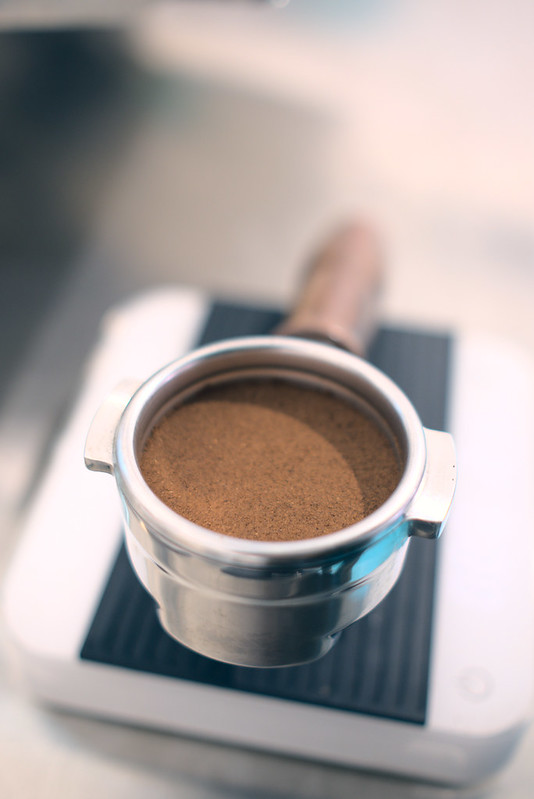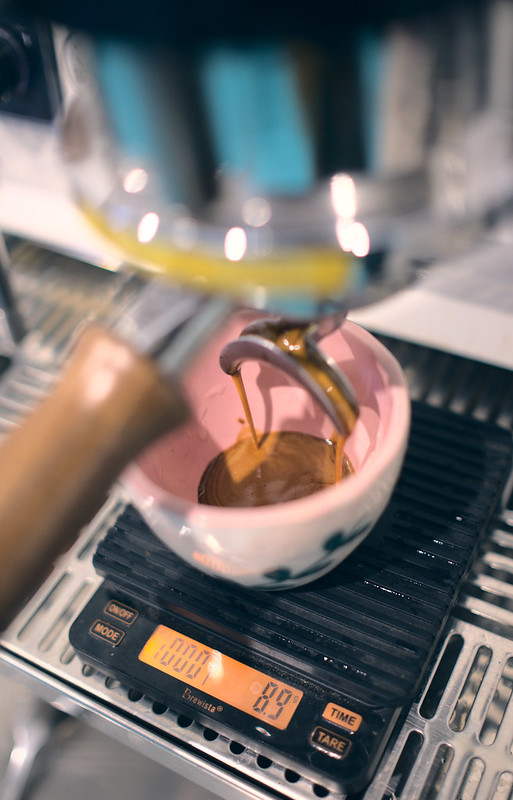
The beverage we adore, in its most basic form, is the fusion of meticulously ground coffee beans with water. What distinguishes a sweet, balanced, and complex coffee from a bitter or acidic one lies in two fundamental pillars: the quality of the beans and water, and the alchemy with which we intertwine them. This latter aspect often involves a level of meticulous attention: grind size, precise timing, water temperature, brewing method, and other rituals that converge in our final cup.
However, we can't overlook the crucial importance of proportion in this process. The ratio of ground coffee to water plays a vital role in the strength, mouthfeel, and other nuances of our beverage. Now, let's explore in-depth how these ratios become the key to creating an exceptional coffee experience.
Why relationship is so important
The flavor of a coffee will vary depending on the recipe. Yes, the recipe: making coffee is like making a cake. The amount of each ingredient you use matters. Adding or decreasing the amount of water or coffee can alter the coffee's flavor, viscosity, and other factors.
This is why many baristas and coffee enthusiasts use scales and timers when making coffee.
Some baristas use recipes like "50 grams of coffee per liter of water for this many cups." But others will talk about ratios, such as 1:14 – 14 ml of water for every gram of coffee – or 1:16 – 16 ml of water for every gram of coffee.
Whatever the preparation ratio, what most of the baristas They try to keep it consistent. This allows them to work more effectively and efficiently. They also know that if they like how a coffee turns out, they can replicate it in the future.
Importance of Ratio in Espresso:
Flavor: The ratio determines the concentration of the espresso. A higher ratio of coffee to water will result in a stronger, more intensely flavored espresso, while a lower ratio will produce a weaker espresso.
Consistency: Maintaining a consistent ratio recipe is essential to ensuring that every cup of espresso has the same flavor and quality. This is critical in the specialty coffee industry.
Optimal Extraction: The correct ratio also influences coffee extraction. An incorrect ratio can lead to under- or over-extraction of the coffee, which will negatively affect the flavor.
Importance of Extraction Time: Extraction time refers to the amount of time water spends passing through the ground coffee in the portafilter. This factor has a significant impact on the flavor, intensity, and overall quality of the espresso. Generally speaking, it's recommended to keep extractions within the range of 24 to 30 seconds. However, it's important to note that there are exceptions to this rule, depending on the type of coffee, the roast level, and personal preferences.
Define an Espresso Ratio Recipe:
To define an espresso ratio recipe, follow these steps:
Choose a base ratioA common ratio is 1:2, which means one part ground coffee to two parts water. This is a good starting point, but you can adjust it based on your preferences and the type of coffee you're using.
Weigh the coffee: Weigh the desired amount of ground coffee into the portafilter basket. For example, if you use 18 grams of coffee, this would be your starting point.
Weigh the water: Carefully calculate the amount of water you'll use for extraction. For example, if you're using 18 grams of coffee, you can aim for 36 grams of espresso in your cup, which is equivalent to a 1:2 ratio.
Adjust according to taste: Extract the espresso and adjust the ratio according to the flavor you get. If the espresso is too strong, you can use more water, and if it's too weak, you can use less.
Daily Maintenance and Decisions:
It's essential to maintain your recipe daily and make decisions based on the flavor and quality of your espresso. As factors such as coffee freshness, ambient humidity, and temperature change, you may need to adjust the ratio to maintain a consistent and delicious espresso. The key is balance and constant attention to detail to perfect your recipe over time.
